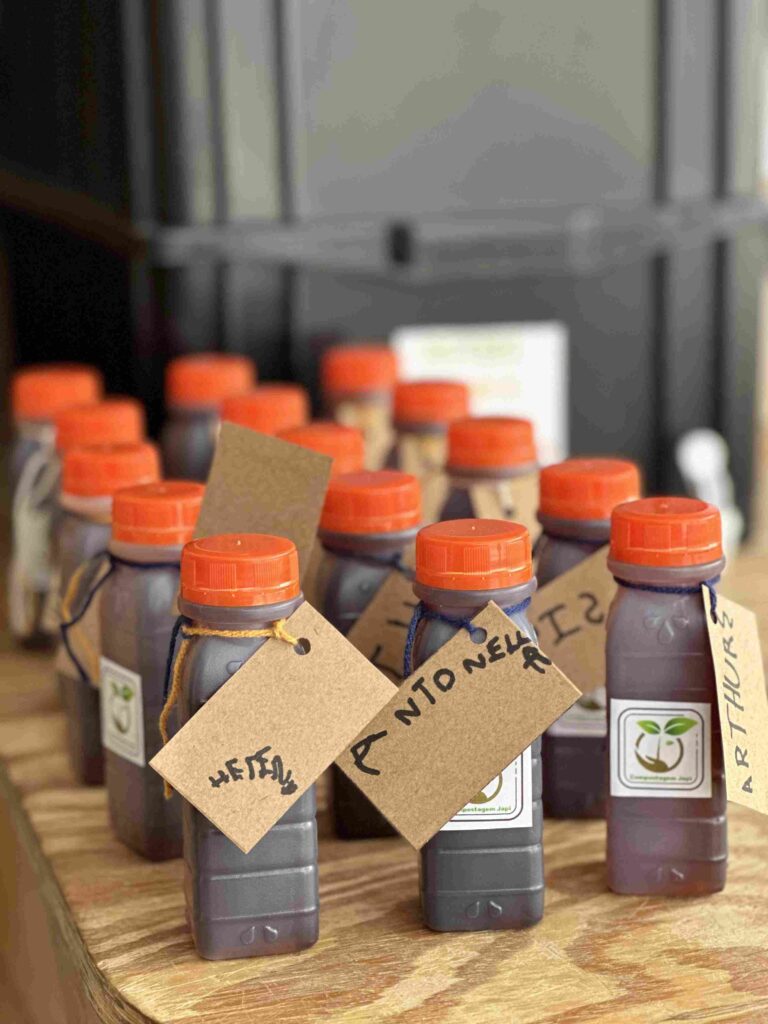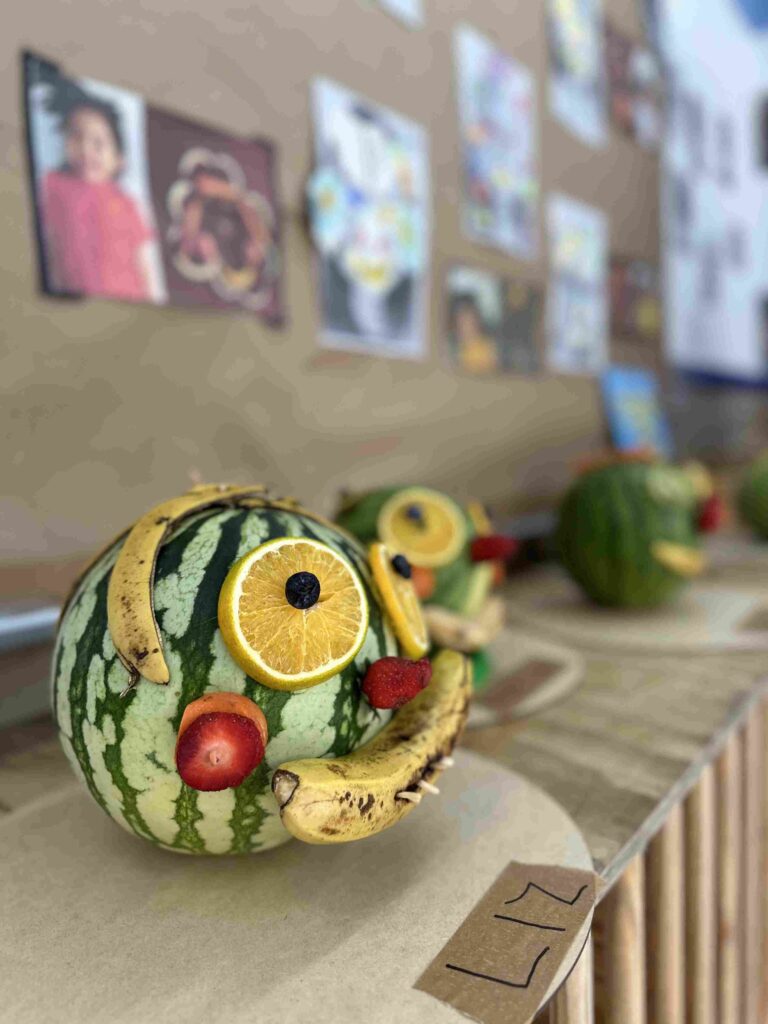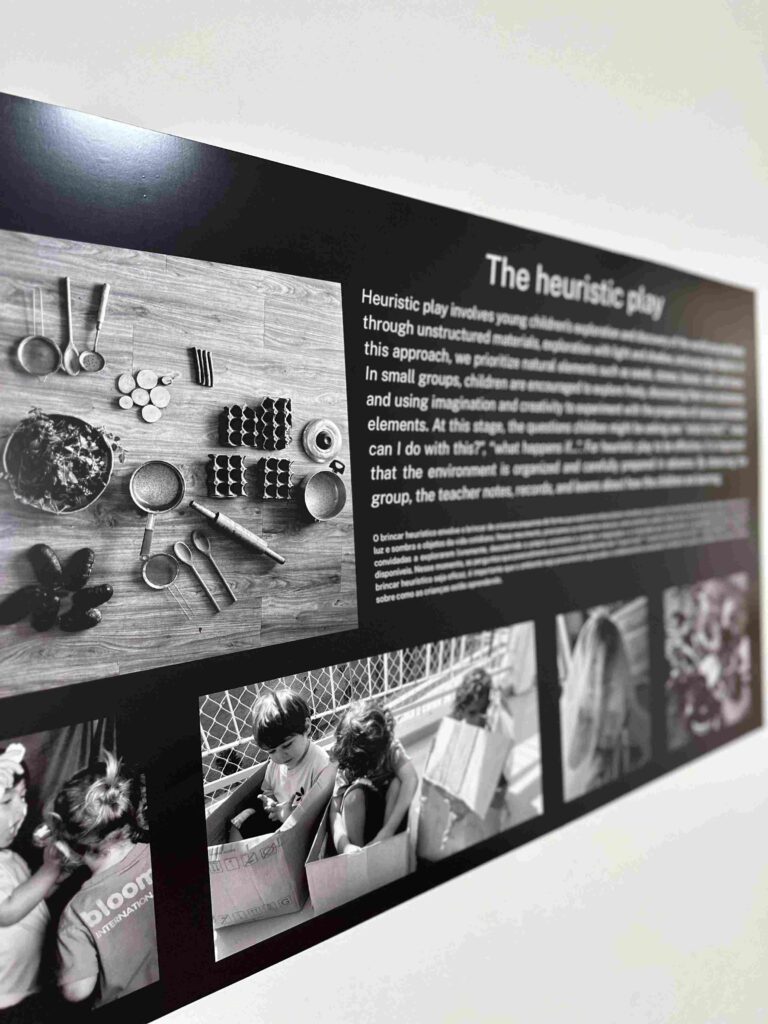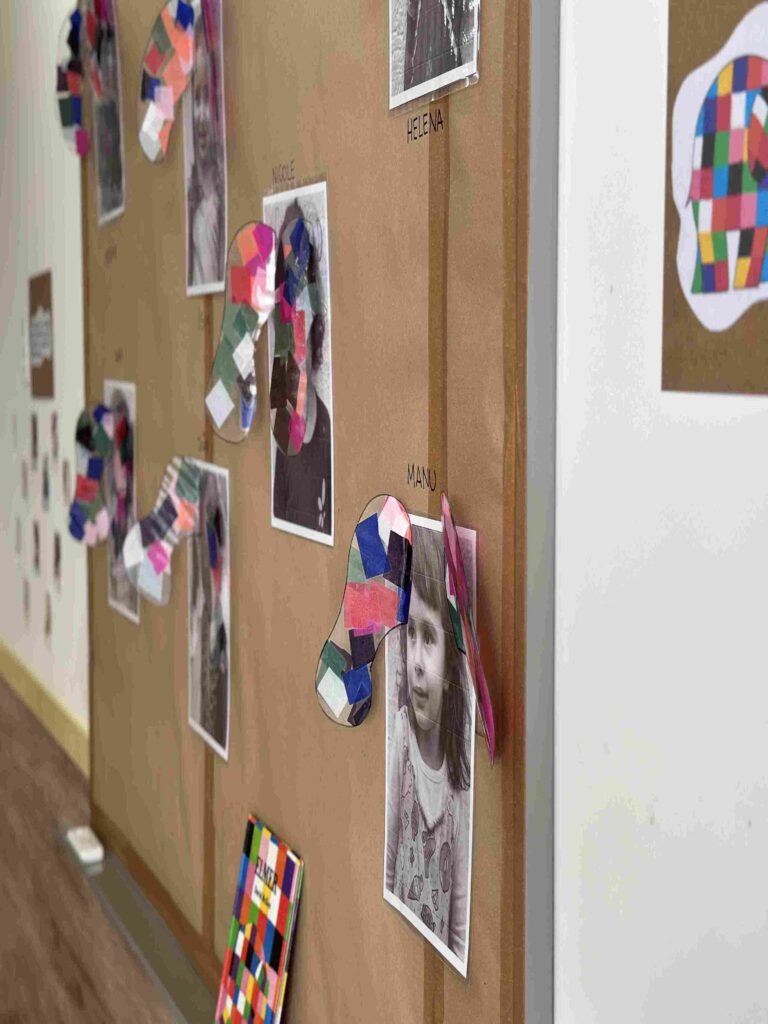Pedagogical Proposal
We believe in a pedagogical approach that promotes active learning through projects and planned activities that encourage children to experience and interact with their environment and the people around them. This interaction allows learning to be constructed in a meaningful and participatory way.
Our teaching methodology aims to ensure the holistic development of our students.
To achieve a high standard of educational excellence, we base our work on the following values:
Humanized and Innovative Education
Our humanized teaching goes beyond cognitive development, also addressing the emotional needs of our children. We adopt the Pedagogy of Love and Listening, valuing the feelings, interests, and individuality of each student as pillars in the construction of our pedagogical plans. This approach aims to shape emotionally balanced children who are intellectually prepared for the challenges of the future.
Student as a Protagonist
In the traditional learning model, students are often treated as passive receivers of information, resulting in mechanical learning with little encouragement for critical thinking, creativity, and autonomy.
At Blooming, we believe that learning should be active, with the student taking the lead in constructing their own knowledge. Our goal is to cultivate an investigative, creative, and independent spirit in each student through dynamic and meaningful daily school activities. This approach promotes genuine engagement and prepares students to face challenges in a reflective and confident manner.
Individualized Learning
We believe in respecting the individuality of each student and seek to value their specific potential so they recognize themselves as capable individuals in their uniqueness. At Blooming, we understand that each student is unique, and we are genuinely committed to the personal history of each child, respecting their learning pace, needs, and interests. This commitment allows us to offer truly individualized teaching, promoting the comprehensive development of each student.
Immersive and International Bilingual Education
We adopt two curricula, the International and the Brazilian, ensuring that we meet both national and international educational standards rigorously. Our children experience immersive foreign language learning in a multicultural environment that broadens their perspectives and enhances their abilities.
Globalized Education
Global education promotes the understanding that we are part of a larger community—the human race—connecting the local to the global and the national to the international. This vision expands horizons, stimulating critical thinking about global issues and encouraging responsibility and solidarity across cultures and countries.
Leadership
We foster the spirit of leadership in our children, encouraging the development of self-confidence and the ability to communicate clearly and assertively in various contexts. Our goal is to prepare them to take on their roles with responsibility and empathy, making a positive impact on the communities they are part of.
Autonomy
We believe that children are beings full of potential and abilities. We stimulate their capacity to face daily challenges independently, significantly contributing to the strengthening of their self-esteem and autonomy. By encouraging them to make decisions and solve problems, we prepare our children to become confident individuals capable of handling life's challenges.
Projects
Through project-based learning, children have the opportunity to explore meaningful themes from their environment, reflect on current issues, and understand life beyond school. Projects are designed for children to learn how to think, research, study, and express their opinions, being created and carried out with them, not for them.
And the Curriculum?
We know that for learning to happen effectively, the curriculum must be relevant both to children and teachers. Repeating the same sequence of content year after year, as if knowledge were something fixed and unchanging, does not fulfill this need. Projects open up the possibility to learn in a non-linear way, through multiple languages, allowing students to explore different areas of knowledge in a more organic manner. After all, how can we plan a year-long program if we don’t know what the children’s curiosities, questions, and inquiries will be?
While the project process may seem spontaneous, the teacher’s role must be intentional. It is up to the teacher to organize strategies and materials, acting as a guide who points out the various paths the group can take. For this, listening and dialogue are fundamental, allowing the teacher to connect with the students’ needs and interests, guiding them throughout their learning journey.




Useful Links

